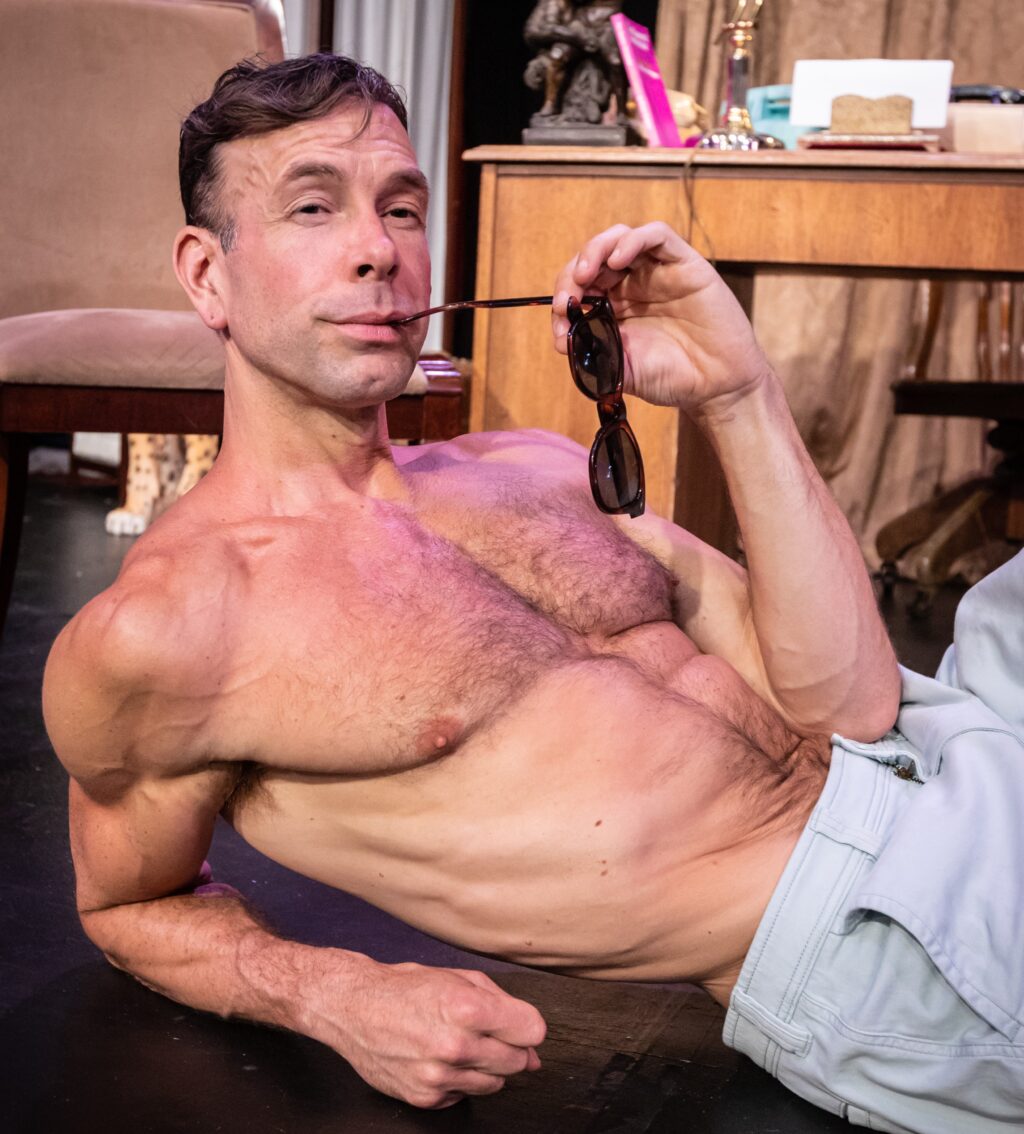By CHRISTOPHER BYRNE
Long before Stonewall, there were sexual renegades—people who dared to live authentically and at odds with the strictures of “conventional morality” in the first half of the 20th Century. They occupied a world just out of sight where men, mostly, who had been, or felt, forced into a heterosexual lifestyle could explore and express their true natures. Then, there were those who never hid, or at least didn’t pretend to be anything other than they were.
In his 2010 book, Secret Historian, author Justin Spring told the story of Samuel Steward who had sex with many of the most famous men of his time while being a professor, tattoo artist, and pornographer known as Phil Andros. Steward’s detailed notes on each of his conquests, or “Stud File,” provided the basis for a glimpse into his personal demi-monde.
Slightly later, Kenneth Marlowe, born in 1926, was a larger-than-life, vibrantly out personality who during the 1950s and 1960s was a drag performer, the madam of a stable of gay call boys in Los Angeles, and later at age 5 transitioned and became Kate Marlowe.
Both these men, significant to LGBTQ+ history, would have been lost had they not been rescued by scholars eager to tell their stories. In the case of Marlowe, he had written a book called Mr. Madam in 1964, which in a gushing way told the story of his life with a stable of “working boys,” but the book had languished in obscurity until playwright Donnie discovered it and recognized its significance.
“I was writing a play about a woman who had a floating bordello on the Willamette River in Portland, Oregon, and in 1890, she had been arrested not for prostitution but because she didn’t collect liquor tax.
“I thought, ‘is there a man out there in that era—or any era—who had been a Madam?’ And Kenneth Marlowe came up. And I started quite a deep dive into that.” That dive resulted in a new edition of Mr. Madam, which in turn led to a new play called Make Me Gorgeous, which is had its New York debut in November, as it happens to coincide with Transgender Awareness Month.
What fascinated Donnie about Marlowe was that he had live authentically, “the incredible adventure of becoming a drag queen—or gender illusionist—in Chicago in the 1940s,” though his time as a madam and through his transition to Kate. Donnie adds that what’s significant about Marlowe is the sense of dignity he carried in whatever he pursued, no matter what he was pursuing…and no matter if it raised eyebrows.
How, though, to translate a life, which, as Oscar Wilde would have said, was “crowded with incident” to the stage, particularly when, as Donnie says, “you have 90 minutes to tell a story?” That’s the challenge. Like Steward, Marlowe had many different vocations in his life. He was a hairdresser to the stars, Christian missionary, writer, female impersonator, and served in the Army. He wrote horoscopes for a newspaper, wrote books, produced gay porn and had a biography that inspired Armistead Maupin to appropriate elements for Anna Madrigal in Tales of the City. (Marlowe claimed to have been raised in a whorehouse in Winnemucca, Nevada.)
All of this has been integrated into Make Me Gorgeous! Wade McCollum, an actor the Los Angeles Times has described as “a force of nature,” portrays Marlowe. McCollum calls Marlowe “a kaleidoscopic personality,” and says that the excitement in portraying Marlowe comes from balancing all the identity structures he explored and bringing them to life on stage.
As for why now? Donnie and McCollum note that Marlowe’s life offers both an education and a glimpse into history in the world before Stonewall. Donnie notes that Christine Jorgensen, who made international headlines when she transitioned in 1951 and 1952, was for many the first time they understood even the concept of gender identity, though of course it wasn’t referred to in that way then. In the early 1970s, tennis player Renée Richards transitioned, and it cost her her tennis career because the U. S. Open Committee then required all players to verify their sex with a chromosome test. (See Jane Latus’ piece on page 45 for insight into the science of transitioning and the political landscape half a century later.)
The play had a well-received run in Portland before heading to New York. It’s undergone some revision since then, but Donnie says what he wants most to do is honor LGBTQ+ history, the people who were, in their own ways, trailblazers, and help audiences understand why it’s still so important to fight for our rights and our freedoms.
“I think it’s essential so that people can perhaps open their hearts and be more compassionate to someone they see going through [transition].” It’s a noble effort and a testament to the power of theater.
Hear a full interview with Donnie and McCollum on the Voice Out Loud Podcast.









More Stories
Broadway Review: Art
Fall Arts Preview: Emus, Foxes and Eric Clapton, Too
How Can They Keep from Singing?